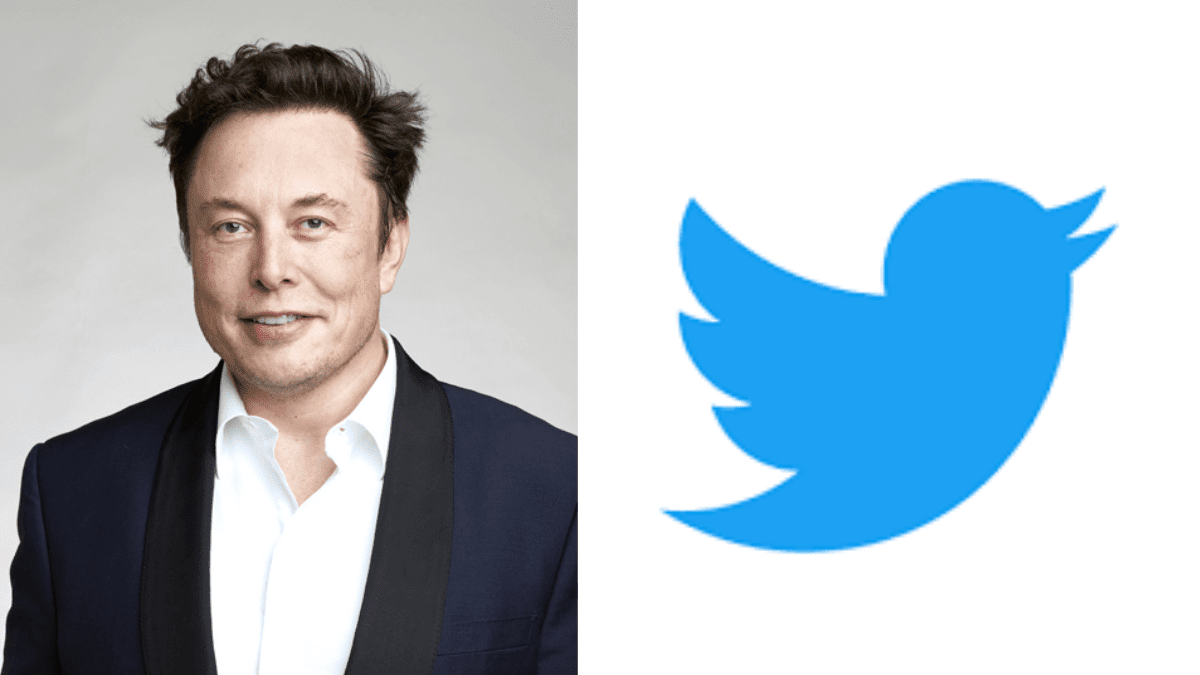Why Did Elon Musk Buy Twitter, and What Does It Mean?

If you have any interest in business, entrepreneurship, space, or technology, you already know who Elon Musk is. The man has built an enormous amount of wealth and is famous for using that wealth to develop new technologies.
You’re also probably familiar with his interest in Twitter. For quite some time, Musk has been very active on the social media platform, sharing many of his thoughts both to acclaim and criticism. But recently he became interested not just in using the platform, but in owning it. And he’s finally managed to acquire it for a cool $44 billion. Here’s why Musk decided to purchase Twitter and what that means for the future of one of the world’s biggest social media sites.
Why Did Elon Musk Buy Twitter?
Musk’s desire to buy Twitter was multifactorial. For starters, Twitter is a guaranteed money-maker. The site has been around for over a decade and has remained one of the biggest and most impactful social media platforms in the world.
That kind of established reputation means it’s highly unlikely Twitter will stop making serious money. While extremely expensive up-front, buying such an enormous business is almost sure to provide some serious returns.
Musk is an extremely entrepreneurial man. Being one of the richest people in the world, it’s clear that financial considerations are heavily important to Musk. Making an investment like this just makes sense for him.
But there is a more personal reason for the purchase as well. Musk has criticized Twitter in the past for not upholding the right to free speech. This matter seems to be very important to Musk. He has been a vocal critic of numerous bans on various platforms, many of which he felt were unjustified.
He has stated that he sees Twitter as a kind of modern town square, and he has a strong interest in keeping that town square open for discussions of all kinds. Owning the platform is an easy way to make that happen.
How did Twitter get into this mess?
Founded in 2006 by NYU student Jack Dorsey and a group of collaborators, Twitter emerged as a straightforward social media platform, enabling users to share 140-character messages in a public space. Alongside contemporaries like Facebook and YouTube, Twitter epitomized the era of Web 2.0, where users actively contributed content to global platforms.
Its impact was notably highlighted during events like the Arab Spring, showcasing Twitter’s potency in amplifying user voices. However, unlike its tech counterparts that later went public, Twitter struggled to prioritize solid business fundamentals, often overshadowed by navigating immediate cultural and political controversies. Challenges with fake accounts and scams marred its core revenue source of digital advertising.
Facebook’s CEO, Mark Zuckerberg, once famously quipped, “Twitter is such a mess – it’s as if they drove a clown car into a gold mine and fell in.” Under Jack Dorsey’s leadership across two terms as CEO, the company found itself embroiled in existential debates surrounding content moderation policies and user suspensions, sparking intense discussions among advocates for free speech and right-wing cultural factions.
This fervor reached its pinnacle when Twitter permanently banned former US President Donald Trump following the US Capitol riot. Despite a gradual recovery in Twitter’s digital ad business after the pandemic, the company reported a significant $221 million loss. This loss stands in stark contrast to the record earnings of digital ad giants like Google and Facebook during the same period. In the past decade, Twitter has struggled for profitability, only turning a profit in two out of the last ten years.
What Twitter’s New Ownership Means for the Platform
While only time will tell what Musk will do with Twitter, there are a few speculations that are fairly likely to come to fruition. For starters, Musk’s interest in innovation means he’ll likely try to make the platform smoother and more user-friendly. These changes will likely be fairly minor, as the platform is already quite user-friendly as it is.
Still, there is always room for improvement, and Musk will likely try to optimize Twitter’s interface to the max. Perhaps more importantly though, Musk will likely change the censorship standards on the platform. He has said that he thinks permanent bans may be a bit too extreme, and that temporary bans are likely more appropriate.
This is particularly relevant to former US president Donald Trump’s ban from the platform. While Musk hasn’t said whether or not he’ll reverse the ban, it is quite possible he would. What that means in the long run, only time will tell. Regardless, it would be a significant change.
How will Twitter make money?
Prior to Musk’s acquisition, Twitter’s primary income source revolved around generating $5 billion in revenue through the sale of digital advertising space to businesses seeking promotional opportunities.
With a vision to diversify the company’s revenue streams, Musk aims to reduce Twitter’s heavy reliance on advertising. His strategy, as outlined in a pitch document, involves introducing subscription-based revenue models and ambitious initiatives such as incentivizing user growth and implementing charges for video uploads. Additionally, Musk plans to integrate payment functionalities directly into the platform.
However, Musk’s recent actions have led to friction with some of the company’s advertisers shortly after assuming control. He publicly criticized companies that scaled back their advertising expenditures, threatening to publicly call out those he perceived as succumbing to pressure from activists.
Despite these plans for innovation, Musk faces a pressing need to bolster revenue streams, particularly considering the substantial interest payments associated with the significant debt load placed on the company, amounting to approximately $1 billion annually. This financial pressure underscores the urgency for Musk to implement successful strategies to enhance Twitter’s financial standing.
Conclusion
In the age of digital entrepreneurs, Elon Musk is an extremely important figure. His purchase of Twitter only further cements this fact. Musk will likely change the platform’s interface, but only in minor ways. More major changes are likely to occur in the arena of censorship. It awaits to be seen what this will mean for the future of Twitter






